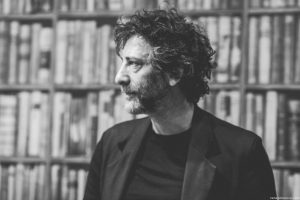The Prophecy of Domnu
Recorded by Peter Berresford Ellis, from Celtic Myths and Legends
“‘All life is transitory. Even your children are not
immortal, my sister. The time will come when they will be defeated. The time
will come when no one will want gods and goddesses to nurture them, when they
will be driven into the darkness, like my children have been this day.’
“‘The time approaches when the summers of Inisfail
will be flowerless, when the cows shall be without milk, and the men will be
weak and the women shall be shameless; the seas will be without fish, the trees
without fruit and old men will give false judgments; the judges will make
unjust laws and honor will count for little and warriors will betray each other
and resort to thievery. There will come a time when there will be no more
virtue left in this world.’
Indeed, there came that time when the Children of
Mil flooded into the Island of Destiny and when the Children of Danu were
driven underground into the hills, which were called sidhe, which is pronounced
shee, and in those mounds they dwelt, the once mighty gods and goddesses,
deserted by the very people who they had sought to nourish. The descendants of
Mil, who live in the Island of Destiny to this day, called the Children of Danu
the aes sidhe, the people of the hills, and when even the religion of Mil was
forgotten, when the religion of the Cross replaced that of the Circle, the
people simply called the aes sidhe by the name of fairies.
Of the greatest of the gods, the victor of the
battle on the Plains of Towers, Lugh Lamhfada, god of all knowledge, patron of
all arts and crafts, his name is still known today. But as memory of the mighty
warrior, the invincible god, has faded, he is known only as Lugh-chromain,
little stooping Lugh of the sidhe, relegated to the role of a fairy craftsman.
And, as even the language in which he was venerated has disappeared, all that
is left of the supreme god of the Children of Danu is the distorted form of
that name Lugh-chromain… leprechaun.”






















